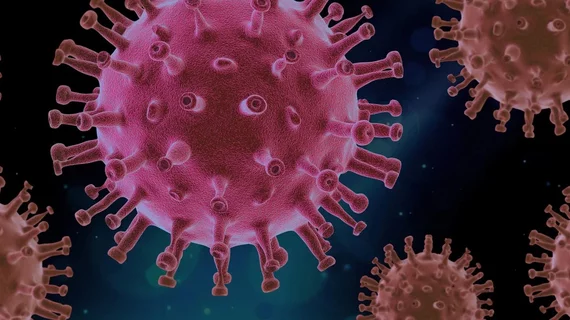Breast imaging company Hologic sees ‘significant negative impact’ on revenues during pandemic
Hologic said Tuesday that it has experienced a “significant negative impact” to its income streams in March, with officials forced to revise revenue estimates for the quarter that just ended and beyond.
The Marlborough, Massachusetts-based mammography system manufacturer said its cutting costs to make up for COVID-19’s impact, but did not disclose how in its April 7 announcement to investors.
“Hologic expects these factors to continue to have a significant negative impact on its future revenue, especially in the third quarter of fiscal 2020,” it said in a statement. “As a result, the company is implementing a number of measures to reduce expenses across the organization. However, because the scope and duration of the COVID-19 pandemic are uncertain, the company cannot currently quantify the net financial effect of these factors.”
All told, Hologic said it logged more than $756 million in revenue during the fiscal second quarter that ended March 28. That represents a 7.6% decline compared to the same period last year, with the money-losing sale of its aesthetics line playing a part in the downturn.
Hologic noted that in particular, the pandemic has weakened sales of breast health products as radiologists and other providers focused on the virus and restricted access to their facilities.
Company officials emphasized that the numbers are preliminary, and they plan to report full financial results on April 29.

